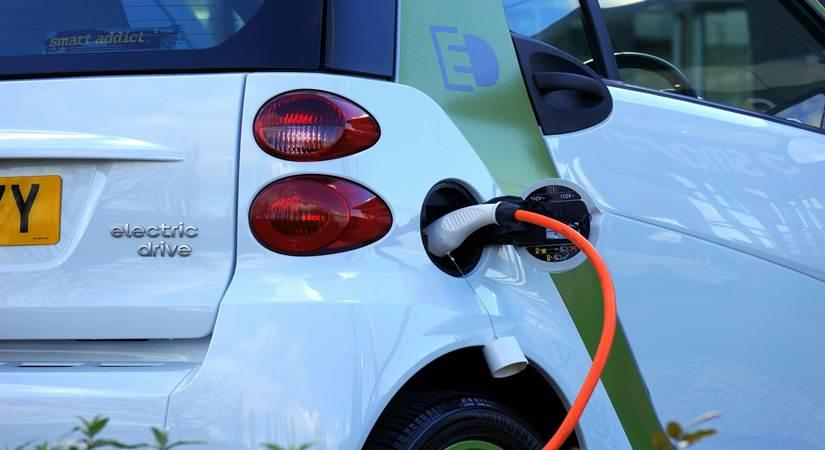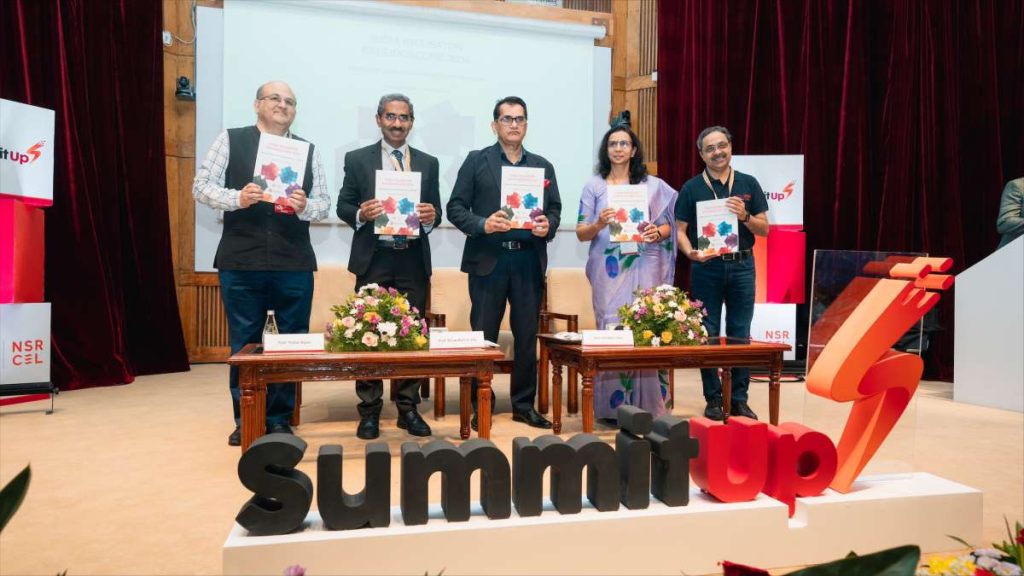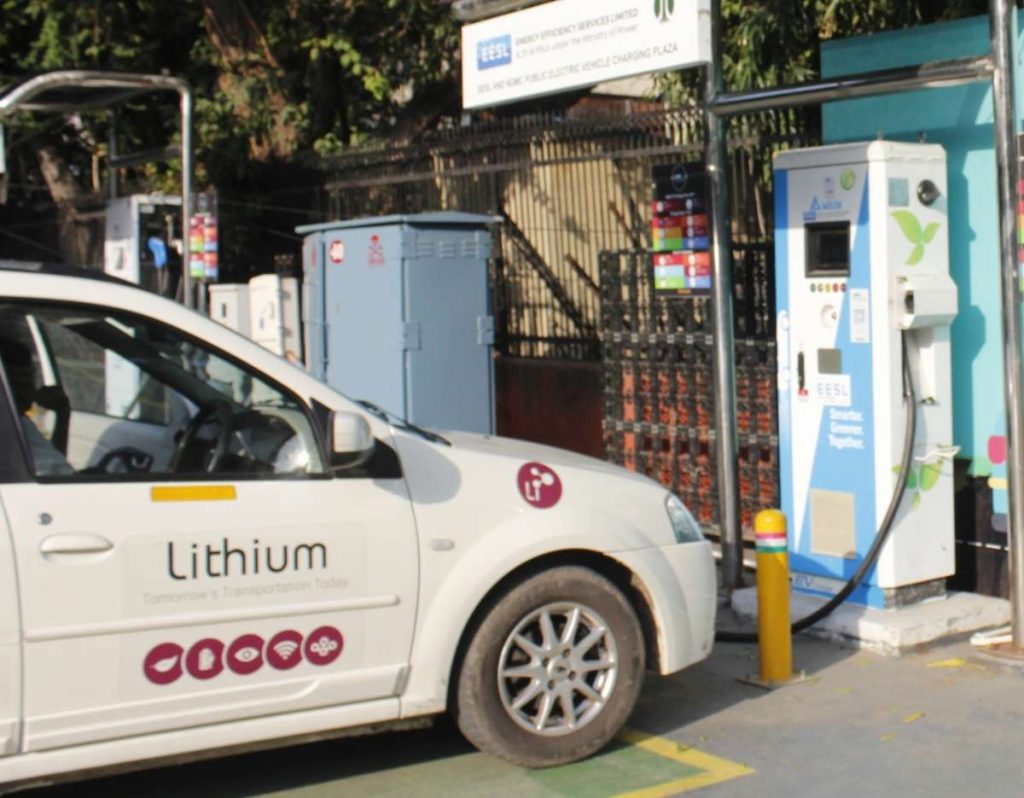The incubator density in India is 0.8 incubators per million population, whereas countries like the US, UK, and China range between 8 and 10 incubators per million population…reports Asian Lite News
There are more than 1,100 active incubators nurturing startups in the Indian ecosystem, according to a new report on Friday.
The joint research report, ‘India Incubator Kaleidoscope 2024’ was released by NSRCEL, the startup incubator at IIM Bangalore, and the Centre for Research on Start-ups and Risk Financing (CREST) IIT Madras in Bengaluru.
It showed that the number of incubators in the Indian ecosystem has grown steadily, with Tier I cities housing almost half of all incubators (48 per cent).
Chennai leads with a high proportion of academic incubators (82 per cent), whereas Bengaluru and Gurugram have a high proportion of industry incubators at 71 per cent and 84 per cent respectively.

The incubator density in India is 0.8 incubators per million population, whereas countries like the US, UK, and China range between 8 and 10 incubators per million population, said the report noting that indicates the need for setting up more incubators in the country, said the report.
“In the growth of the Indian startup ecosystem, incubators play a very crucial role, and their contribution has been expanding in recent years. Conceptualised initially to facilitate the formation of start-ups, today incubators perform multiple roles such as bringing together scientific and business expertise, channelising capital to promising start-ups, and increasing awareness of startups in the society,” said Amitabh Kant, G20 Sherpa, and ex-CEO, NITI Aayog, while launching the report.
“Incubators play a crucial role in making entrepreneurship more accessible and inclusive across the country but their activities and impact are not well understood. This report addresses that gap and highlights the need to both raise the level of incubation activity and enhance the quality of incubation efforts nationwide,” added Prof.Srivardhini Jha, Professor of Entrepreneurship, IIM Bangalore and Chairperson of NSRCEL.
Further, the report showed only 8.2 per cent of all startups undergo incubation. But 10 per cent of the incubators support 98 per cent of the startups that are incubated.
“This highlights an urgent need to improve the performance of incubators that are underutilised and to actively engage in outreach efforts to raise awareness about the benefits of incubation,” the report said.

It noted that incubation is sought after by students, young professionals, women founders, and those with modest financial resources.
Deep tech sectors such as AI/ML, data analytics, biotech, and other sectors showed a high incubation rate — upward of 12 per cent.
The incubated startups (27.1 per cent) also secured the first round of funding earlier than non-incubated (15.4 per cent), the report said.
Despite being smaller in number, incubated startups have also won more awards in all leading startup awards and are engaged more actively in the creation of Intellectual Property.
The contribution of the incubated startups to the economy has also been significant.
The report showed that the annual average revenues in the initial years for every 100 incubated startups has been about 1,590 crores. The average value of assets for every 100 incubated startups by the ninth year from incorporation has been estimated at Rs 10,627 crore.
However, the revenue performance of startups associated with industry incubators is 50 per cent higher as compared to those supported by academic incubators, the report said.
India-EU Startups in EV Alliance
Recycling electric vehicle (EV) batteries is a geopolitical and climate imperative and Indian and European startups in the field are pioneering innovation and fostering business collaboration, according to the government.
Emphasising the shared commitment of India and the EU to innovation, sustainability, and the transition to a circular economy, the Office of the Principal Scientific Adviser to the government met an EU delegation with representatives from startups in the space of battery recycling technologies from EU member states, officials from the delegation of EU to India, along with members from select Indian startups.
Professor Ajay Kumar Sood, Principal Scientific Adviser to the government, said this collaboration “opens up new opportunities for technology transfer, market access, and co-development. It is essential for fostering economic resilience and sustainable development.”
This meeting was organised under the India-EU Trade and Technology Council’s (TTC) Working Group 2 (WG2) in the national capital.
According to Dr Ewa Suwara, Deputy Head of the EU delegation to India, through the support of the Trade and Technology Council, “we are able to support the EU and Indian startups to join forces, pioneer innovation, foster business collaboration, and drive market uptake of cutting-edge technologies”.
The meeting focused on the progress made in fostering collaboration between Indian and European startups in the critical area of EV battery recycling technologies. The participating startups from India included BatX Energies, Evergreen Lithium Recycling, LW3 Pvt Ltd and Lohum, while startups from EU included Ecomet Refining and Eneris.

The India-EU TTC was announced by the European Commission President, Ursula von der Leyen, and Prime Minister Narendra Modi in April 2022.
Established in February 2023, this mechanism allows both sides to tackle challenges at the nexus of trade, trusted technology and security, and deepens cooperation in these fields.
Meanwhile, Union Minister of New and Renewable Energy, Pralhad Joshi, will embark on a three-day tour to Germany from October 6, the government said on Saturday.
The minister is set to attend the ‘Hamburg Sustainability Conference’ from October 7-8, and will hold a series of bilateral meetings to boost cooperation in sustainable development, Green Hydrogen, low-cost finance and renewable energy value chain components.
According to the Ministry of New and Renewable Energy, the visit will elevate India-Germany relations to create business opportunities and accelerate the expansion of renewable energy in India and worldwide.
The visit will also underscore India’s commitment to sustainable development and renewable energy, fostering international partnerships to address global challenges, the ministry added.
Prime Minister Narendra Modi has laid special emphasis on the India-Germany bilateral relations. The Inter-Governmental Consultations between the leaders of India and Germany is scheduled in the country this month.
The country had achieved its nationally determined contribution (NDC) target of 40 per cent cumulative electric power installed capacity from non-fossil fuel-based energy sources by 2030 in 2021 itself, nine years ahead of schedule.
India is on track to meet its NDC goal of achieving 50 per cent cumulative electric power installed capacity from non-fossil fuel sources by 2030.
The Union Cabinet, chaired by PM Modi, has approved India to join the International Energy Efficiency Hub by signing the Letter of Intent, as the country aims to achieve net-zero carbon emissions by 2070, focusing on renewable energy expansion, and plans to reach 500 GW of non-fossil fuel energy capacity by 2030.
The International Energy Efficiency Hub is a global platform dedicated to fostering collaboration and promoting energy efficiency worldwide. The move solidifies India’s commitment to sustainable development and aligns with its efforts to reduce greenhouse gas emissions, a Cabinet communique said.
ALSO READ: India Targets $1 Trillion Digital Economy














